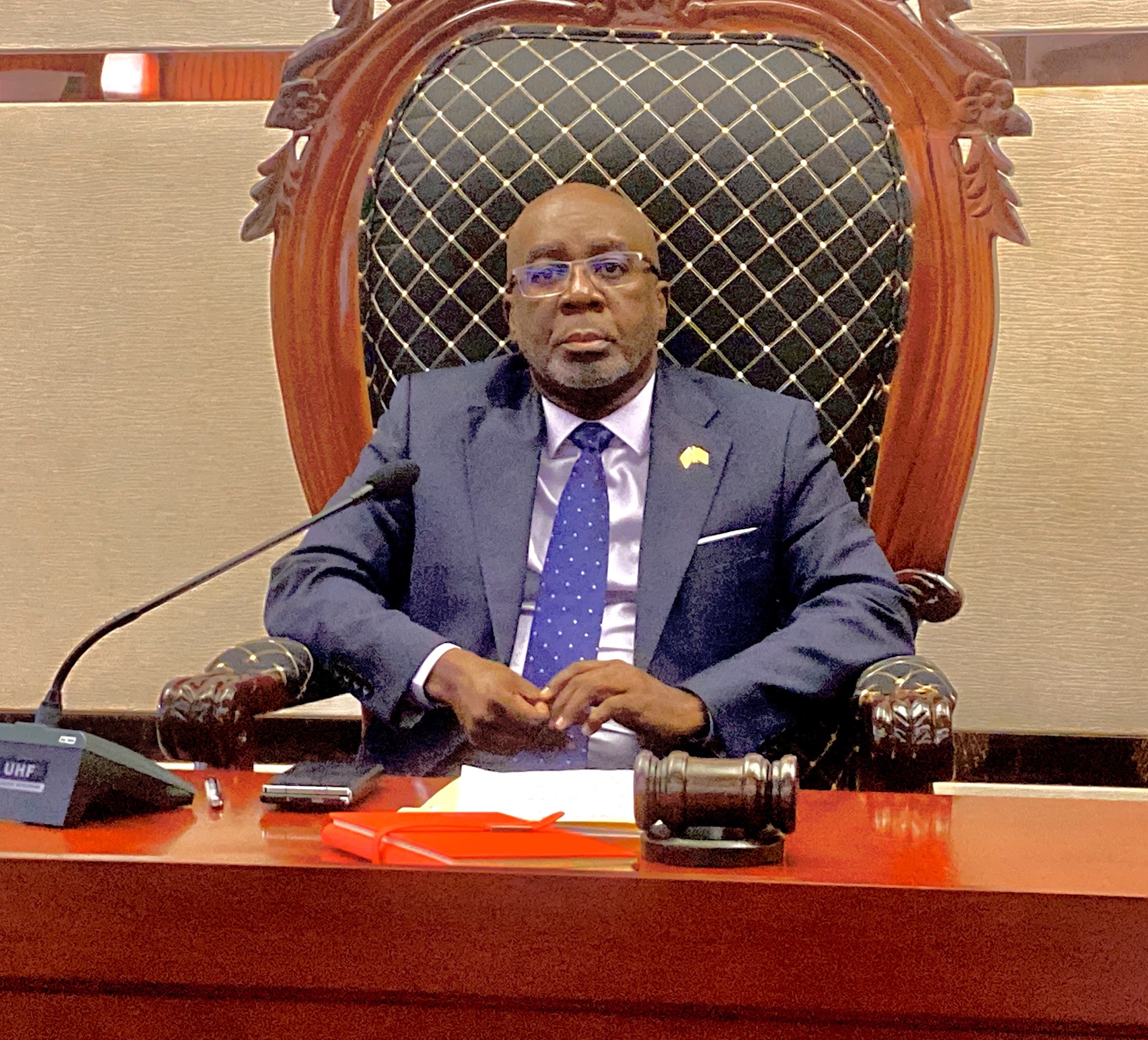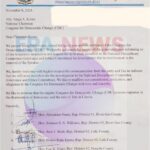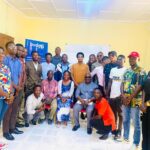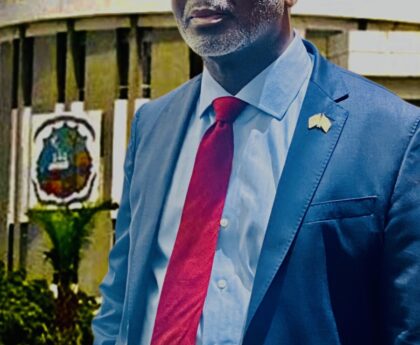Composed By: Nothing Don
The narrative surrounding the Speaker of the 55th National Legislature, Cllr. J. Fonati Koffa and the political upheaval in Liberia is rich with metaphor and significance, particularly through the lens of the phrase “a hippo’s hide.”
This expression not only refers to the animal’s formidable physical skin but also serves as a metaphor for resilience, observation, and emotional fortitude in the face of adversity.
The Layers of “A Hippo’s Hide”
The hippo’s hide, measuring up to two inches thick, symbolizes a protective barrier against external threats. In speaker Koffa’s case, this reflects his ability to withstand intense political pressure and opposition.
In contemporary discourse, individuals often adopt a “hippo’s hide” mentality to shield themselves from online bullying and negativity.
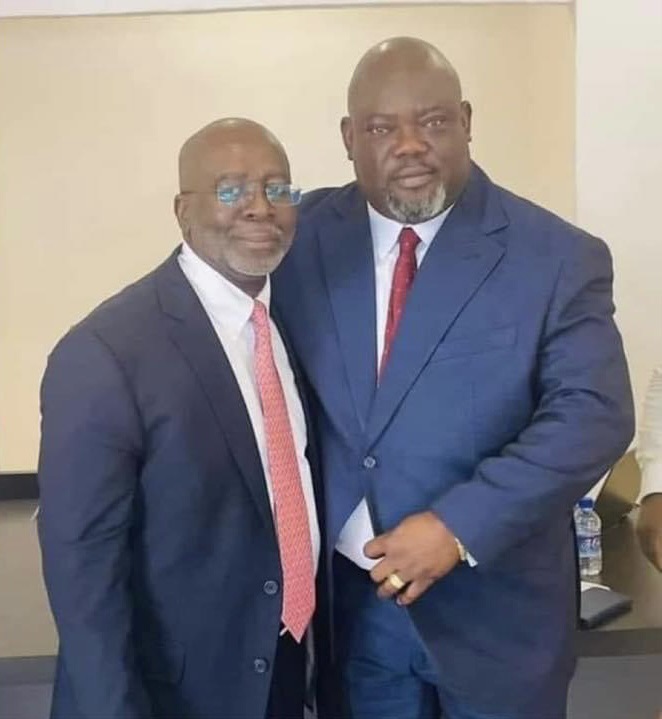
Speaker Koffa embodies this by maintaining his composure amidst aggressive political maneuvers aimed at his impeachment.
On a personal level, the hippo’s hide signifies emotional strength, enabling individuals to remain calm during stressful situations. Speaker Koffa’s approach to the ongoing political crisis illustrates this quality as he navigates complex challenges with poise.
Imagine the shocks of a mysterious inferno that gutted his house in the aftermath of the elections; consider the backstabbing of his political comrade Deputy Speaker Thomas Fallah, a man he held brief for as not part of the conclave to oust him, but proved otherwise in Judas-like fashion and lest I forget the stroke affliction of one of his media relations officer Leroy Sonpon now hospitalized and the sudden death of his Chief of Staff Mrs. Helen Juah Senyon Howard.
When you take all of these together, you see the serenity and panache Speaker Koffa is carrying himself. This affirms the hippo hide attribution of Speaker Cllr. J. Fonati Koffa.
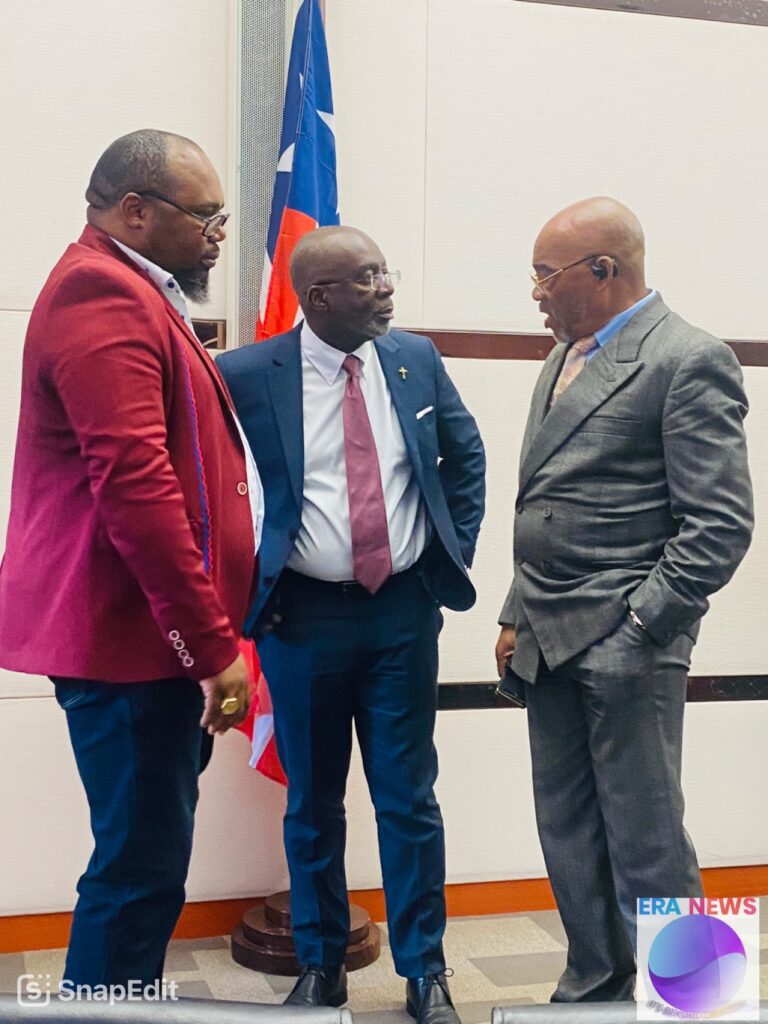
In Liberia, Speaker Fonati Koffa finds himself at the epicenter of a conspiracy aimed at his impeachment.
This situation exemplifies political brinkmanship, where leaders engage in high-stakes maneuvering to test their opponents’ resolve.
Speaker Koffa has made it clear that he will not be intimidated by the so-called majority coalition of forty-plus renegade lawmakers, who are short of the constitutional threshold of forty-nine votes required for impeachment.
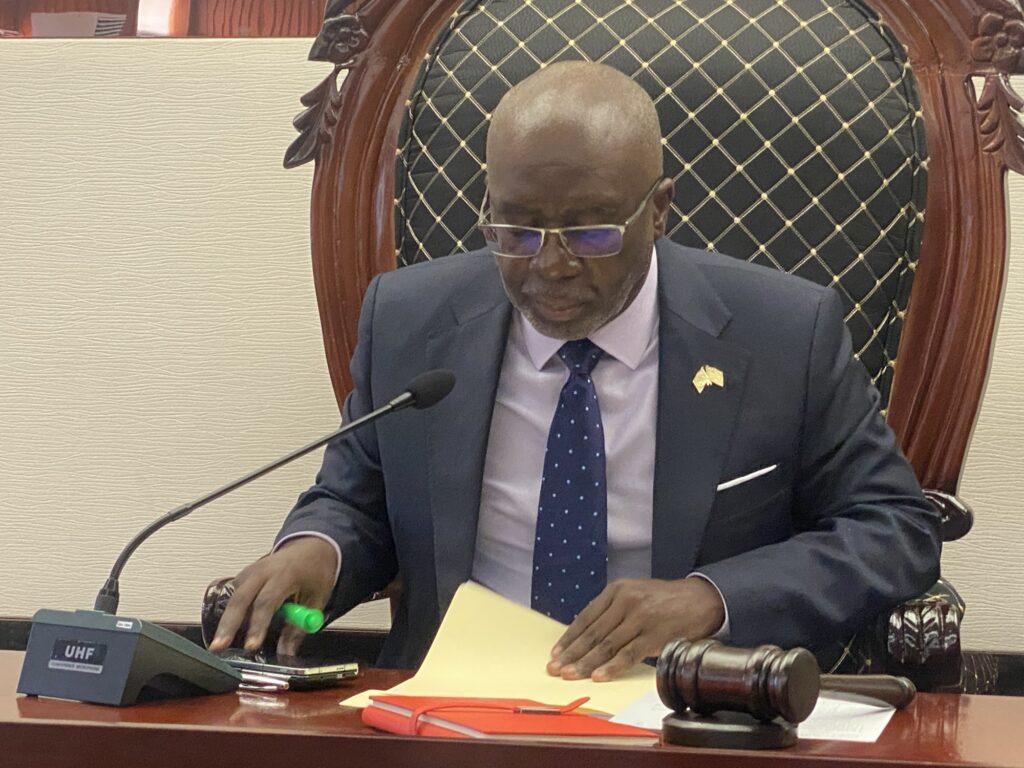
His steadfastness is reminiscent of a game of chicken; he is determined not to be the first to yield in this standoff. Cllr. Speaker Koffa’s recent actions have further highlighted his role as a new breed of politician.
While attending a meeting with Pope Francis in Italy, a conspiracy against him was plotted back home. Upon his return, he adopted a conciliatory tone, seeking reconciliation with colleagues embroiled in scandals related to bribery and corruption. His willingness to engage with those on the opposing side reflects a strategic move to unify the political field rather than divide.
During a notable radio appearance on Spoon Network, Koffa revealed startling insights into the motives behind the impeachment conspiracy. He suggested that his efforts to instill accountability and transparency within the legislature have made him a target for those resistant to change.
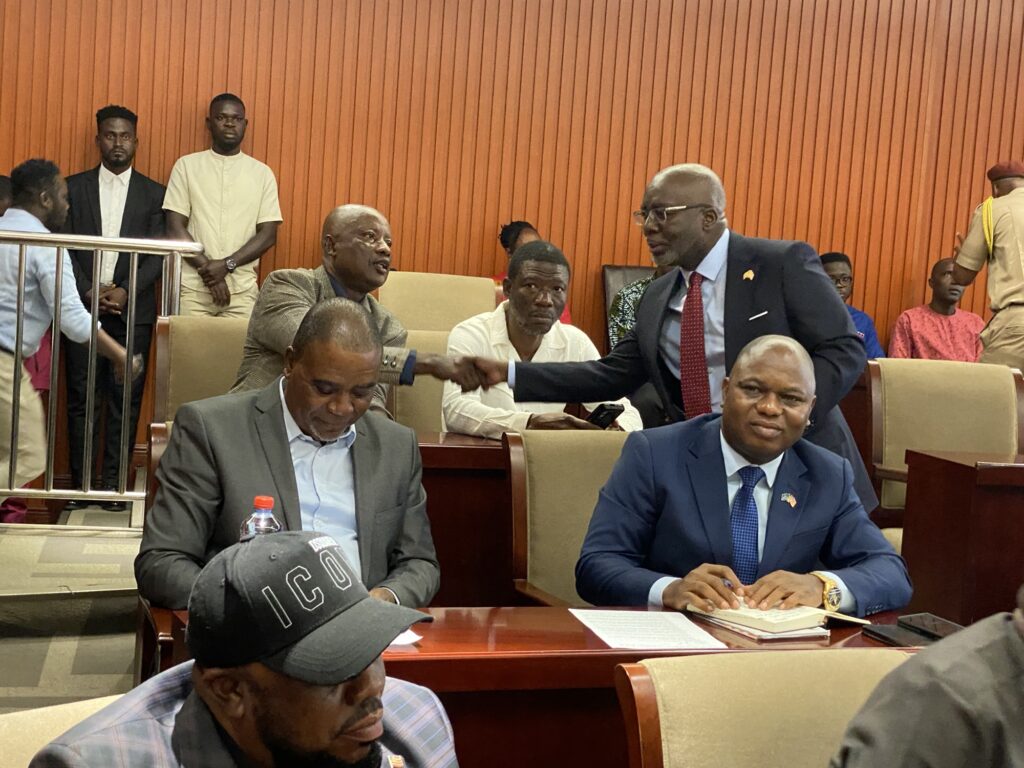
The pervasive corruption within Liberia’s legislature has been widely acknowledged, and Koffa’s push for audits aims to expose malfeasance that has plagued our governance since 2005.
The allegations against him—rooted in claims of bribery among lawmakers—raise serious questions about the integrity of those orchestrating his removal. Notably, Representative Luther Collins admitted to accepting $15,000 to support Koffa’s ousting, casting doubt on the legitimacy of their grievances.
This backdrop suggests that personal ambitions and ethnic dynamics may be driving forces behind the impeachment bid, particularly as Koffa is viewed as a potential presidential candidate for 2029 to many.
As Liberia grapples with this political crisis, Speaker Fonati Koffa stands firm against what appears to be an orchestrated effort to undermine his leadership. His ability to navigate these turbulent waters with resilience—akin to that of a hippo—positions him as a significant figure in Liberia’s political landscape.
The unfolding drama will test not only his mettle but also the integrity of Liberia’s democratic processes as citizens discern between genuine public service and self-serving political machinations. As this story continues, it remains clear that Koffa is not just fighting for his position but also for the future integrity of Liberia’s governance.

